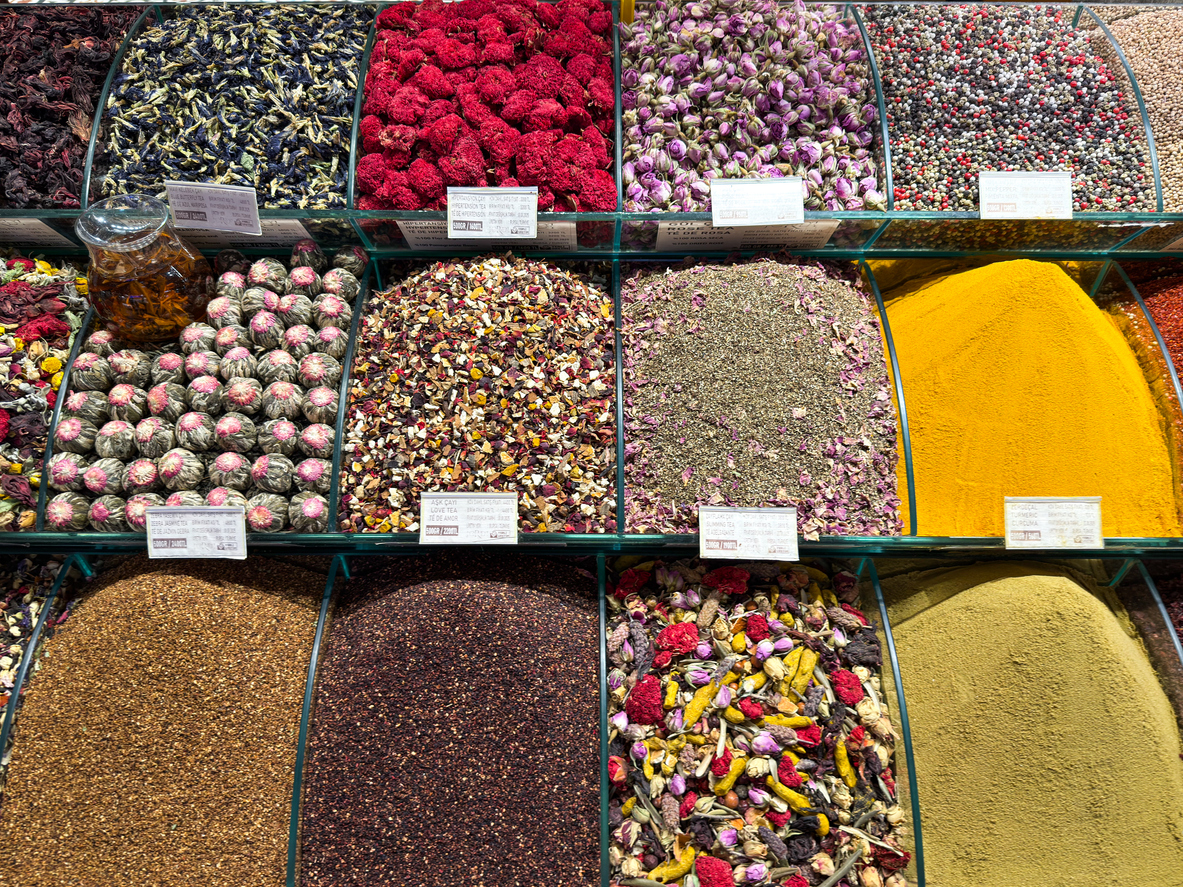Why Gulf Investment in African Projects Is Gaining Momentum
Over the past few years, investment flows from Gulf states into Africa have increased significantly. Companies in the Gulf Cooperation Council (GCC) announced over 73 foreign direct investment (FDI) projects in Africa worth more than US$53 billion in one year alone.
Recent reports also show that Gulf investments into Africa exceeded US$113 billion in 2022–2023, surpassing their cumulative investments over the previous decade.
These figures reflect a strategic pivot by Gulf economies—driven by diversification, resource access, and the search for new growth markets.
Key Sectors of Gulf Investment in African Projects
Gulf–Africa investment partnerships are not one-dimensional. Here are the primary sectors attracting Gulf investors:
-
Infrastructure and Logistics – Gulf investors are building ports, transport links, and special economic zones that enhance trade and connectivity across Africa.
-
Energy and Renewables – The drive toward sustainable energy has made Africa a top destination for solar, wind, and green hydrogen projects from Gulf firms.
-
Mining and Critical Raw Materials – Access to minerals like copper, gold, and other resources essential for electric vehicles and green technology has drawn Gulf capital.
-
Agriculture and Food Security – With Gulf states seeking stable food supplies, Africa’s agricultural land and production potential offer appealing investment opportunities.
What This Means for African Trade, Import/Export, and Wholesale Distribution
For businesses in sectors such as FMCG, logistics, and wholesale distribution, the Gulf-Africa investment wave creates several opportunities:
-
Improved infrastructure means lower trade costs, faster turnaround, and enhanced connectivity, all beneficial for import/export operations.
-
Energy investments, particularly in renewables, contribute to more stable operating environments and reduced cost volatility for manufacturers and distributors.
-
Mining and resource development increase demand for logistics, manufacturing inputs, and support services, opening up regional markets.
-
Agriculture investments can lead to new supply-chain partnerships, linking African producers with Gulf markets and vice versa.
Challenges and What Businesses Must Watch
While the momentum is strong, several challenges remain that companies must navigate:
-
Structural Imbalance – Some investments focus on raw-resource extraction rather than local value-addition, limiting long-term benefits to African economies.
-
Regulatory and Governance Risk – African governments need transparent frameworks to ensure fair participation and sustainable project management.
-
Geopolitical and Operational Risk – Many Gulf investments are strategically driven, and success depends on political stability, skilled labor, and reliable supply chains.
-
Local Market Readiness – Infrastructure improvements help, but some regions still lack warehousing, logistics, and technical capacity to fully support trade growth.
How Wigmore Trading Can Help Businesses Engage With Gulf-Africa Investment Flows
As a company active in import/export, wholesale distribution, and trade across Africa, Wigmore Trading is well positioned to help businesses leverage this new investment wave:
-
Market Intelligence – We track Gulf-African projects across sectors like logistics, renewables, and mining to help businesses align sourcing, distribution, and trade strategies.
-
Supply-Chain Alignment – Where Gulf infrastructure projects create new ports or special zones, Wigmore Trading helps clients source products, manage transport, and connect with local partners.
-
Risk Mitigation – We support clients in understanding governance, operational, and compliance risks tied to Gulf-Africa investments.
-
Value-Chain Optimization – Wigmore Trading facilitates supplier identification, logistics planning, and execution to help businesses tap into Gulf-backed African value chains.
Practical Steps for Businesses Looking to Benefit
-
Map your business to the sectors most affected by Gulf investment—logistics, energy, mining, agriculture, and ports.
-
Identify African regions receiving Gulf capital and evaluate new trade routes or infrastructure that can boost your operations.
-
Leverage Wigmore Trading’s regional network to source from local suppliers linked to Gulf-backed projects.
-
Review your logistics and distribution systems to take advantage of new trade corridors.
-
Build governance and compliance measures to ensure sustainable and transparent engagement.








Comments are closed.